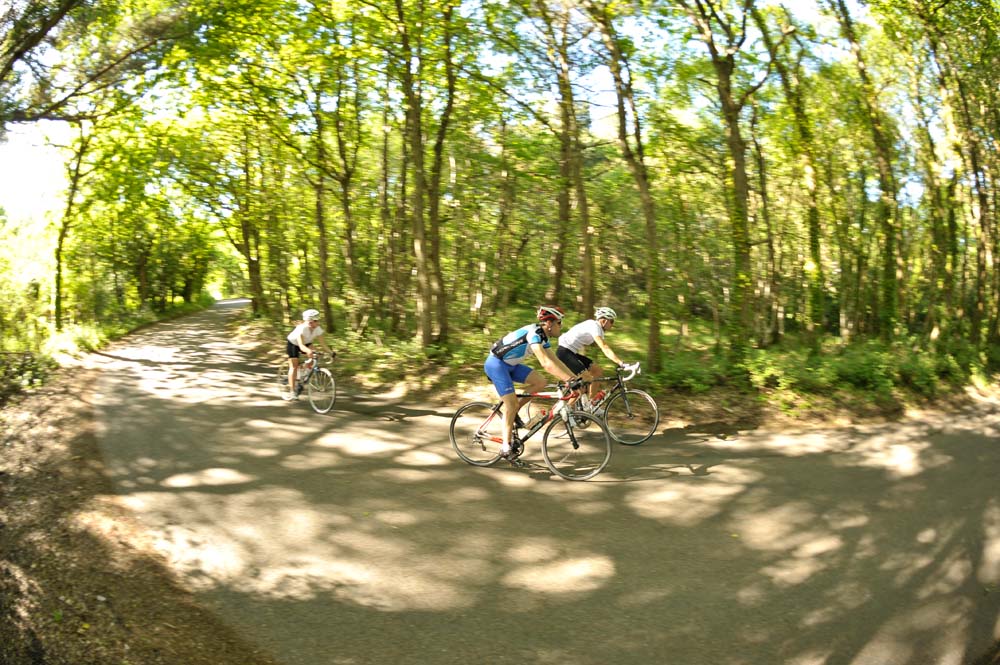Study reveals how you can stop your body getting older through regular exercise
Athletes apparently up to nine years younger than normal people

The latest race content, interviews, features, reviews and expert buying guides, direct to your inbox!
You are now subscribed
Your newsletter sign-up was successful
If you ride your bike to stay fit or just for a bit of fun, then you'll be glad to know that it could be helping to keep you young too.
According to a study by Brigham Young University, regular exercise can help to slow the biological ageing process, making athletes' bodies effectively up to nine years younger than those who are sedentary.
The study measured the length of the telomeres (a part of a chromosome which gets shorter with ageing) of nearly 6,000 people, also assessing their level of activity over the course of a month.
>>> New study says cycling 30 miles per week cuts heart disease and cancer risk in half
The results showed that sedentary participants had 140 base pairs of DNA less at the end of their telomeres compared to highly active participants, with those who carried out low or moderate levels of activity faring only slightly better.
That means that those who were classified as highly active - i.e. carrying out the equivalent of 30-40 minutes jogging five times per week - had longer telomeres, apparently showing a link between high levels of exercise and a slowing of the ageing process.
Watch: How to burn fat through cycling
The latest race content, interviews, features, reviews and expert buying guides, direct to your inbox!
"Just because you’re 40, doesn’t mean you’re 40 years old biologically," said professor Larry Tucker, who carried out the research.
"We all know people that seem younger than their actual age. The more physically active we are, the less biological ageing takes place in our bodies."
>>> Cyclists are attached to their bikes and form strong bonds with them, study finds
The results tie in with the findings of another similar study conducted earlier this year, which found that just 52 minutes of cycling per week could be enough to slow the ageing process.
Also looking at the effect of exercise on a cellular level, that study found that 52 minutes of high intensity of cycling per week was enough to slow the ageing process within cells by improving the ability of mitochondria to produce energy, therefore preventing frailty.
Henry Robertshaw began his time at Cycling Weekly working with the tech team, writing reviews, buying guides and appearing in videos advising on how to dress for the seasons. He later moved over to the news team, where his work focused on the professional peloton as well as legislation and provision for cycling. He's since moved his career in a new direction, with a role at the Department for Environment, Food and Rural Affairs.